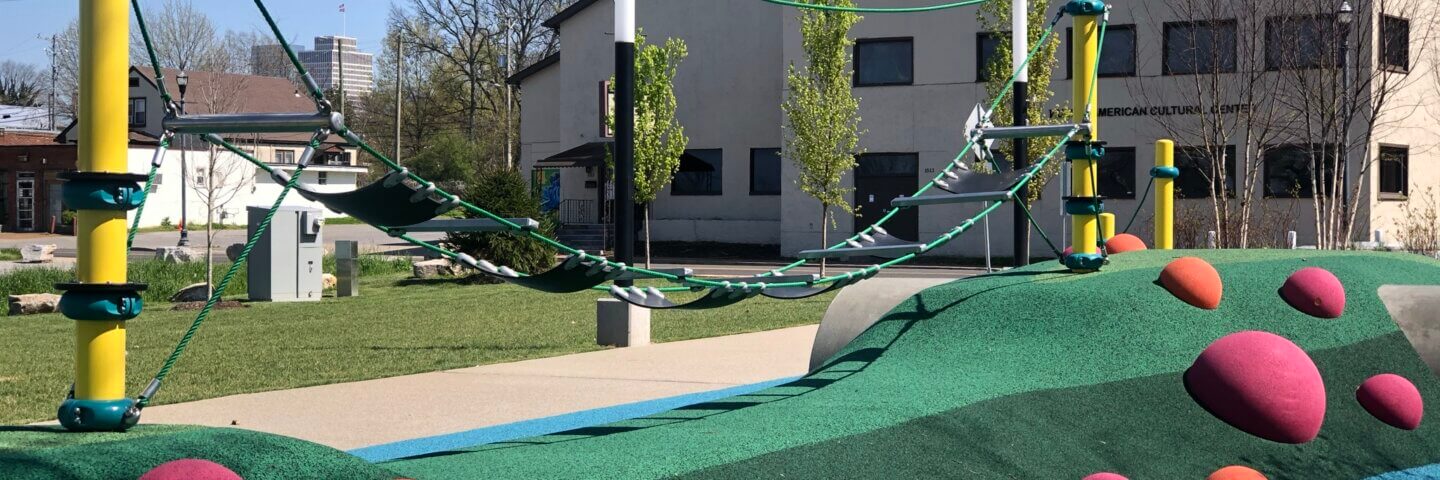About the Community Development Department

The Community Development Department administers four HUD-funded Community Planning and Development (CPD) programs on behalf of Metro Nashville:
These funds are awarded annually using a formula based on population, income levels, and other factors. Priorities for the use of these funds are listed in the Five-Year Consolidated Plan, and projects to be undertaken during a program year and their respective budgets are identified in an Annual Update to the Plan. These programs are intended to benefit low- and moderate-income persons and areas.
The Department also administers Community Development Block Grants for Disaster Recovery (CDBG-DR) and the Weatherization Assistance Program (WAP). CDBG-DR are funding awards made to Metro Nashville from the federal government for Presidentially Declared Disasters to use in recovery efforts. WAP funding comes from the U.S. Department of Energy via a passthrough grant from the Tennessee Housing Development Agency (THDA) and is used to assist with the weatherization of homes occupied by low-income households.

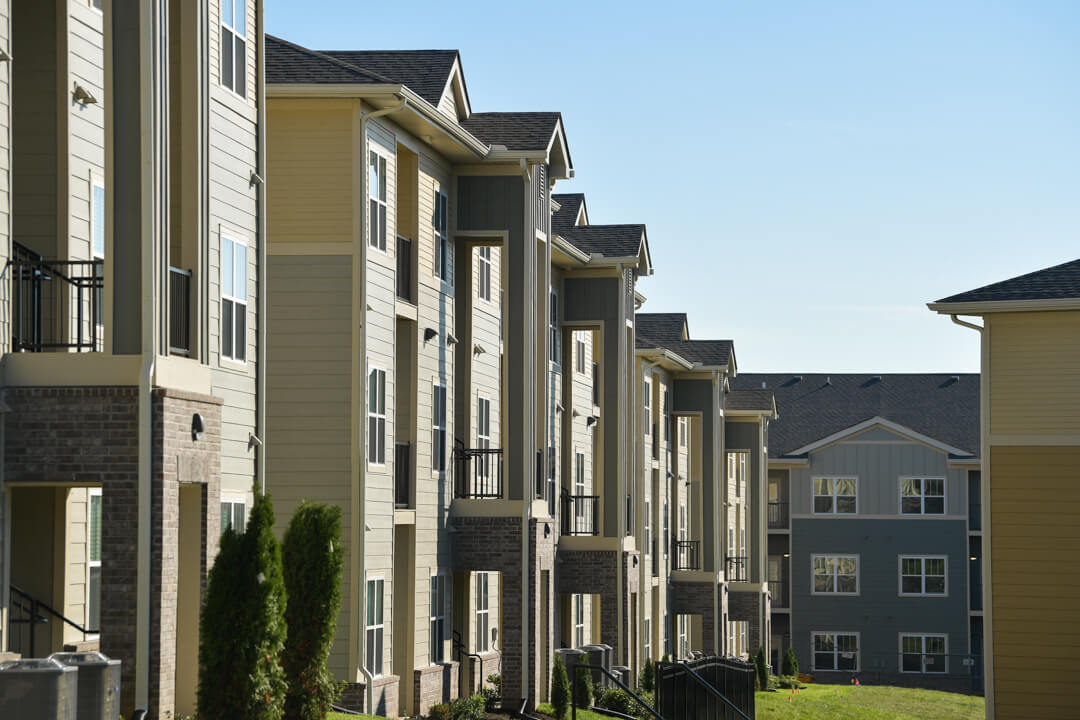
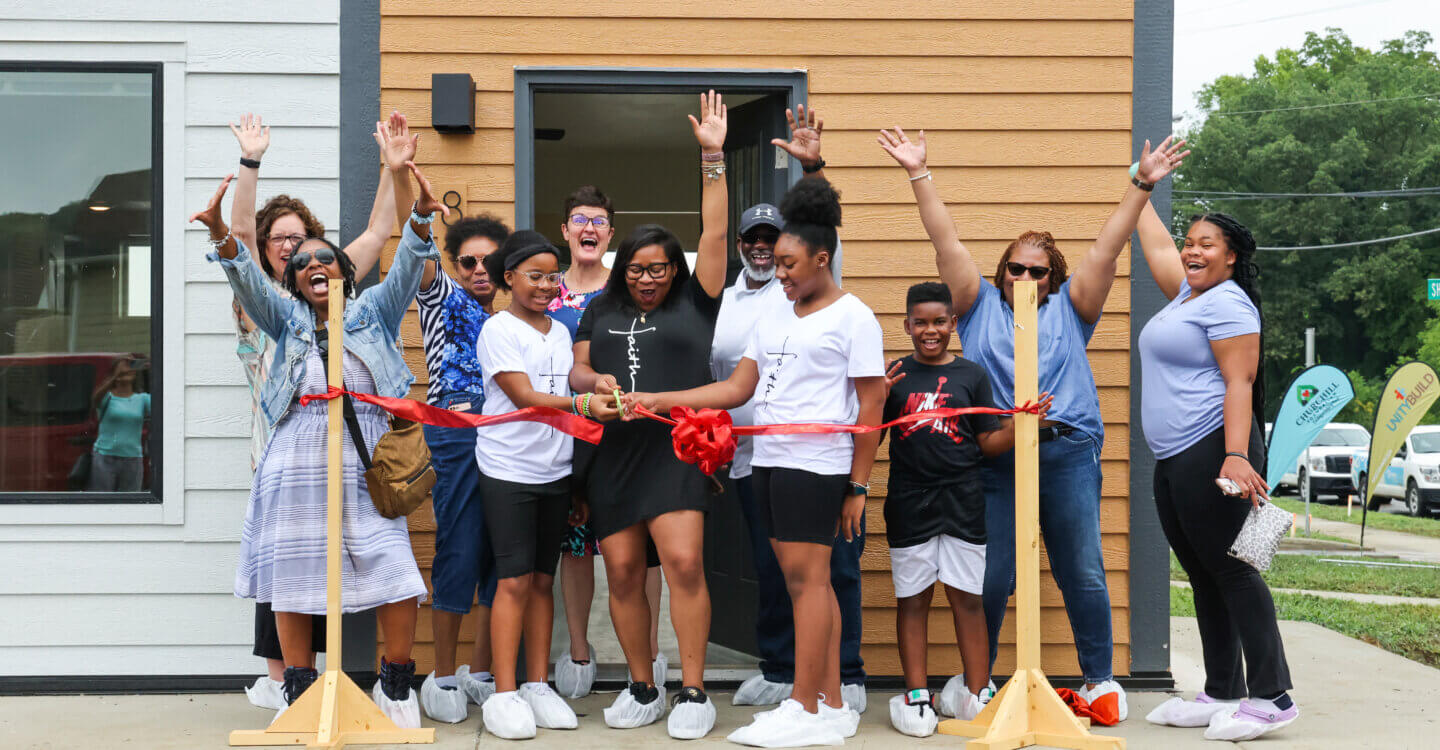
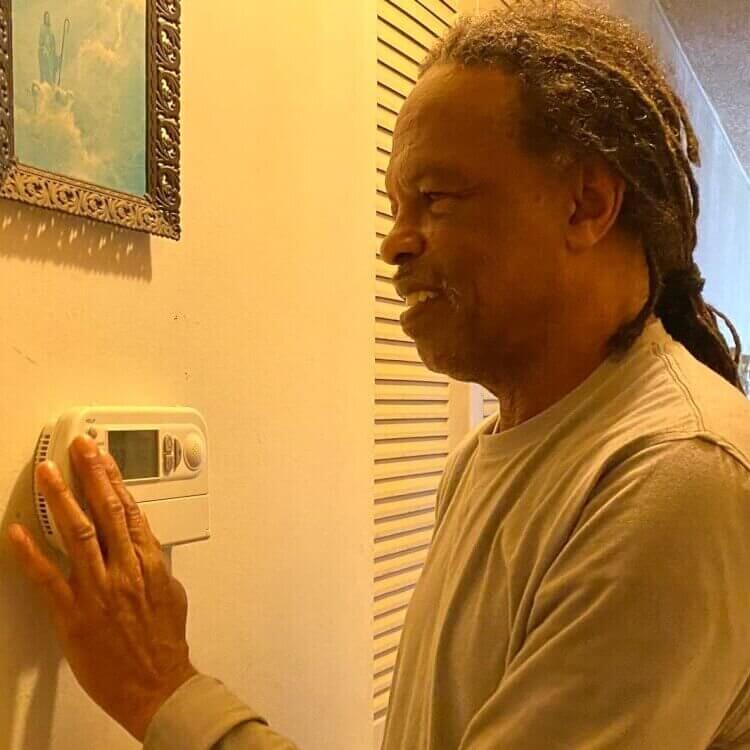
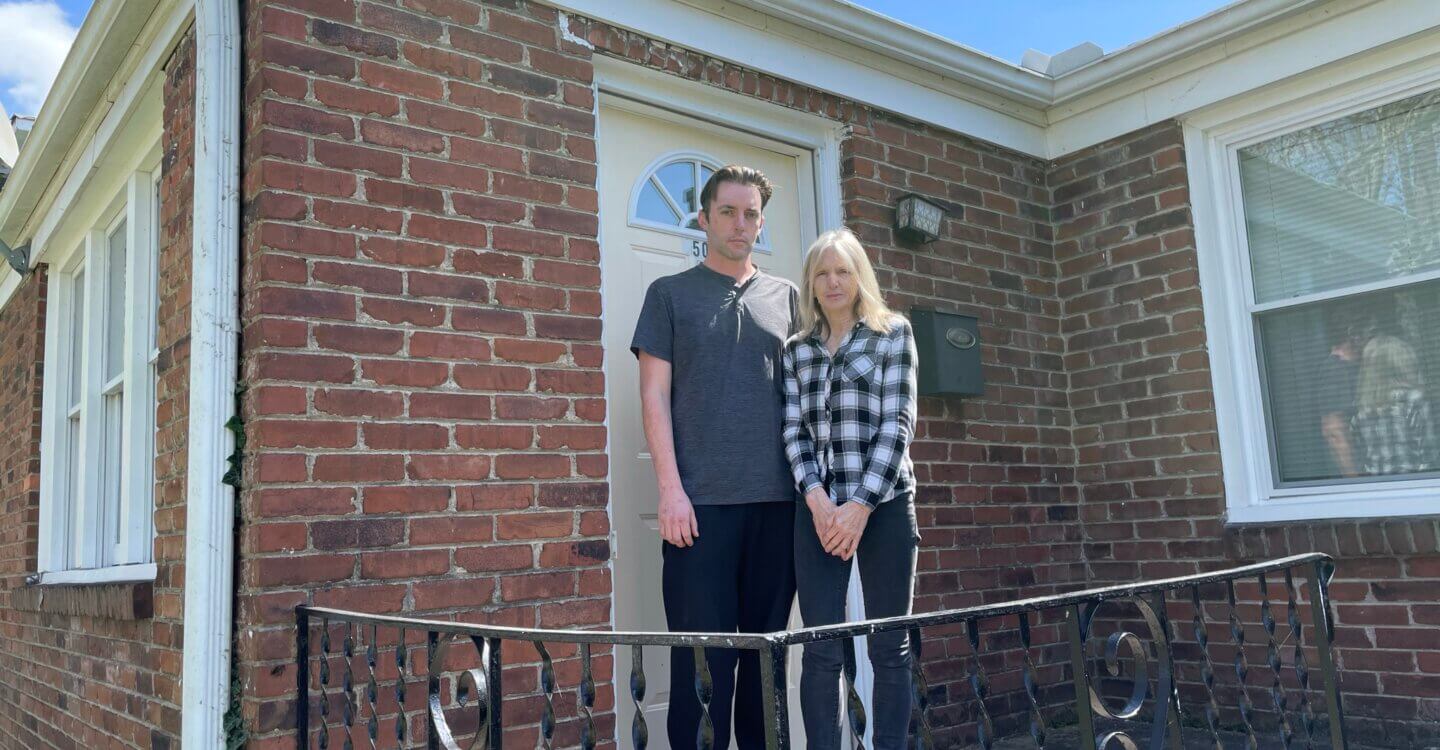
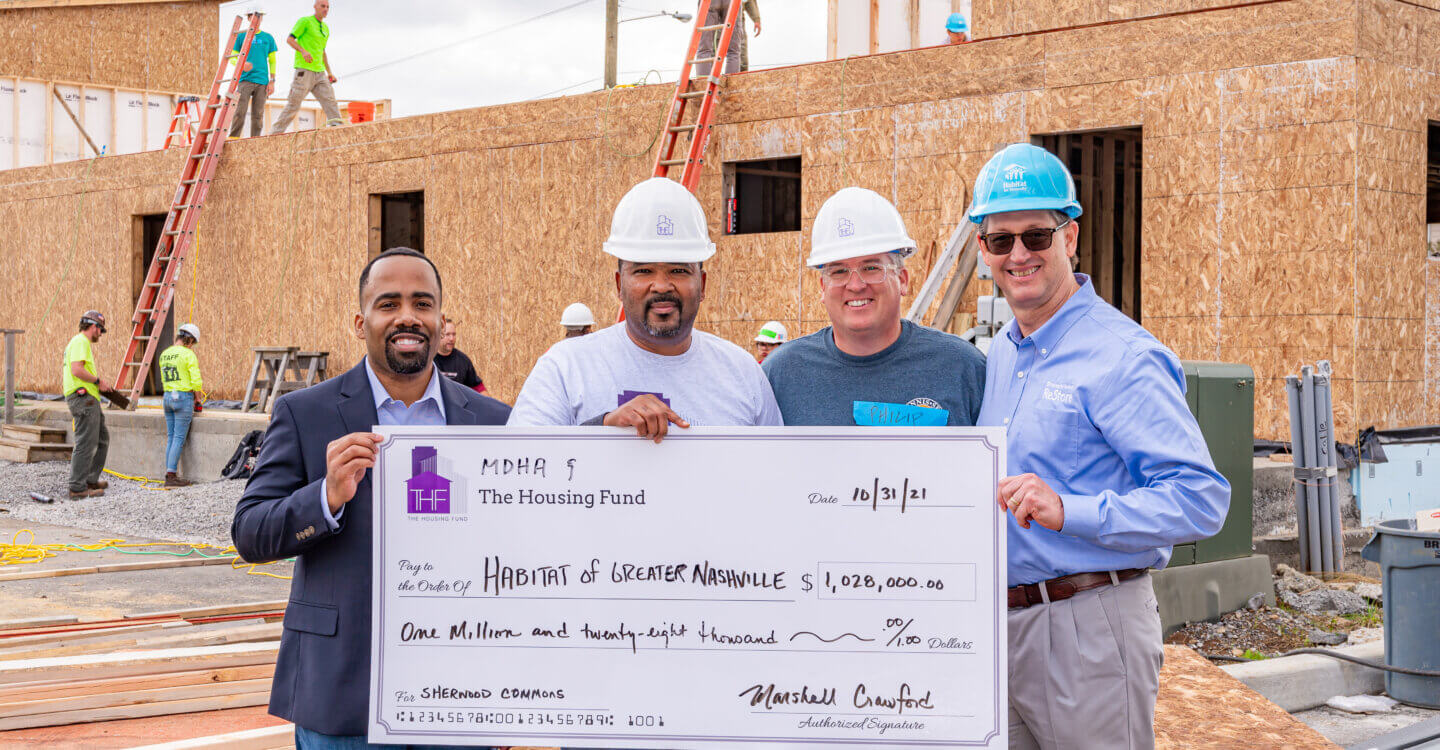
Community Development Programs
The Citizen Participation Plan is designed to provide for and encourage citizen involvement in the development, implementation and evaluation of housing and community development programs in Metropolitan Nashville-Davidson County, Tennessee.
MDHA gathered community feedback on the Five-Year Consolidated Plan and 2023-2024 Annual Action Plan for annual grant funding from the U.S. Department of Housing and Urban Development (HUD). The new Five-Year Plan will cover the period from June 1, 2023, through May 31, 2028.
The Community Development Block Grant (CDBG) Program supports community development activities to build stronger and more resilient communities. Activities may address needs such as infrastructure, economic development projects, public facilities installation, community centers, housing rehabilitation, public services, clearance/acquisition, microenterprise assistance, code enforcement, homeowner assistance, etc.
The Community Development Block Grant (CDBG) Program has Disaster Recovery grants to rebuild affected areas and provide crucial seed money to start the recovery process. These flexible grants help cities, counties, and States recover from Presidentially declared disasters, especially in low-income areas, subject to availability of supplemental appropriations.
The Metropolitan Development and Housing Agency (MDHA) prepared a joint Assessment of Fair Housing (AFH) on behalf of Metro Nashville and MDHA concurrently with the preparation of the 2013-2018 Consolidated Plan. The purposes of the AFH is to assess whether individuals and families have the information, opportunity, and options to live where they choose without unlawful discrimination related to race, color, religion, sex, familial status, national origin, or disability and assess whether housing options are realistically available in integrated areas and areas with access to opportunity.
MDHA has a long history of addressing homelessness in Metropolitan Nashville-Davidson County. The agency administers the HUD Emergency Solutions Grants Program (ESG), Housing Opportunities for Persons with AIDS (HOPWA), and Supportive Housing Program (SHP) funds.
The HOME Investment Partnerships Program (HOME) provides formula grants to states and localities that communities use – often in partnership with local nonprofit groups – to fund a wide range of activities including building, buying, and/or rehabilitating affordable housing for rent or homeownership or providing direct rental assistance to low-income people.
The Housing Opportunities for Persons With AIDS (HOPWA) Program is the only Federal program dedicated to the housing needs of people living with HIV/AIDS. Under the HOPWA Program, HUD makes grants to local communities, States, and nonprofit organizations for projects that benefit low-income persons living with HIV/AIDS and their families.
MDHA’s Accessibility, HVAC, Homeowner Rehabilitation and Roof programs are available to qualifying Davidson County homeowners to help with various home repairs during open application periods.
The Neighborhood Stabilization Program (NSP) was established for the purpose of providing emergency assistance to stabilize communities with high rates of abandoned and foreclosed homes, and to assist households whose annual incomes are up to 120 percent of the area median income (AMI).
MDHA’s Weatherization Assistance Program helps low-income households create a more comfortable energy-efficient home. Some weatherization items include insulation of attics, walls or floors, caulking, and weather-stripping.
Reporting Resources
View and download documentation for Community Development programs.
